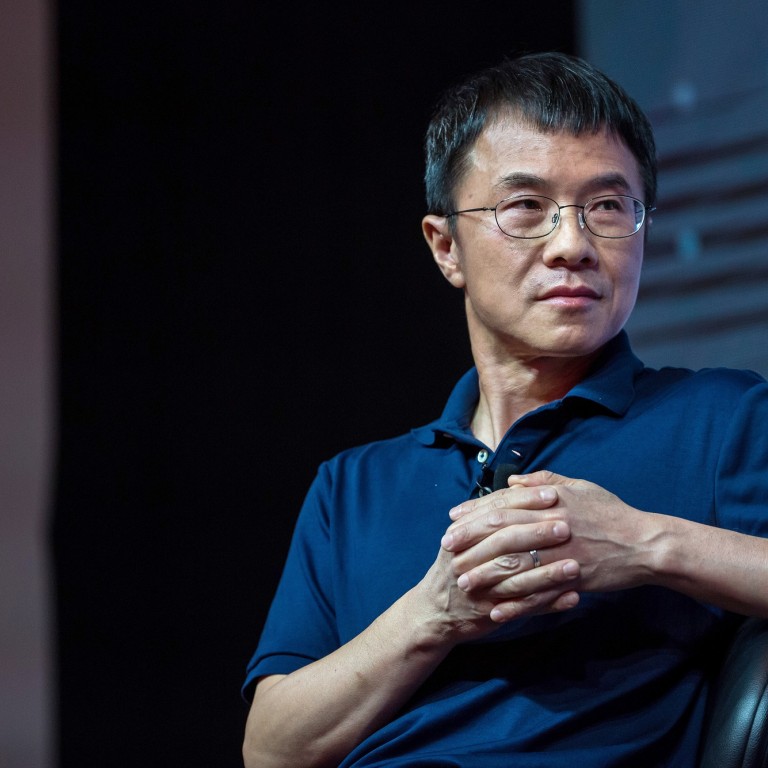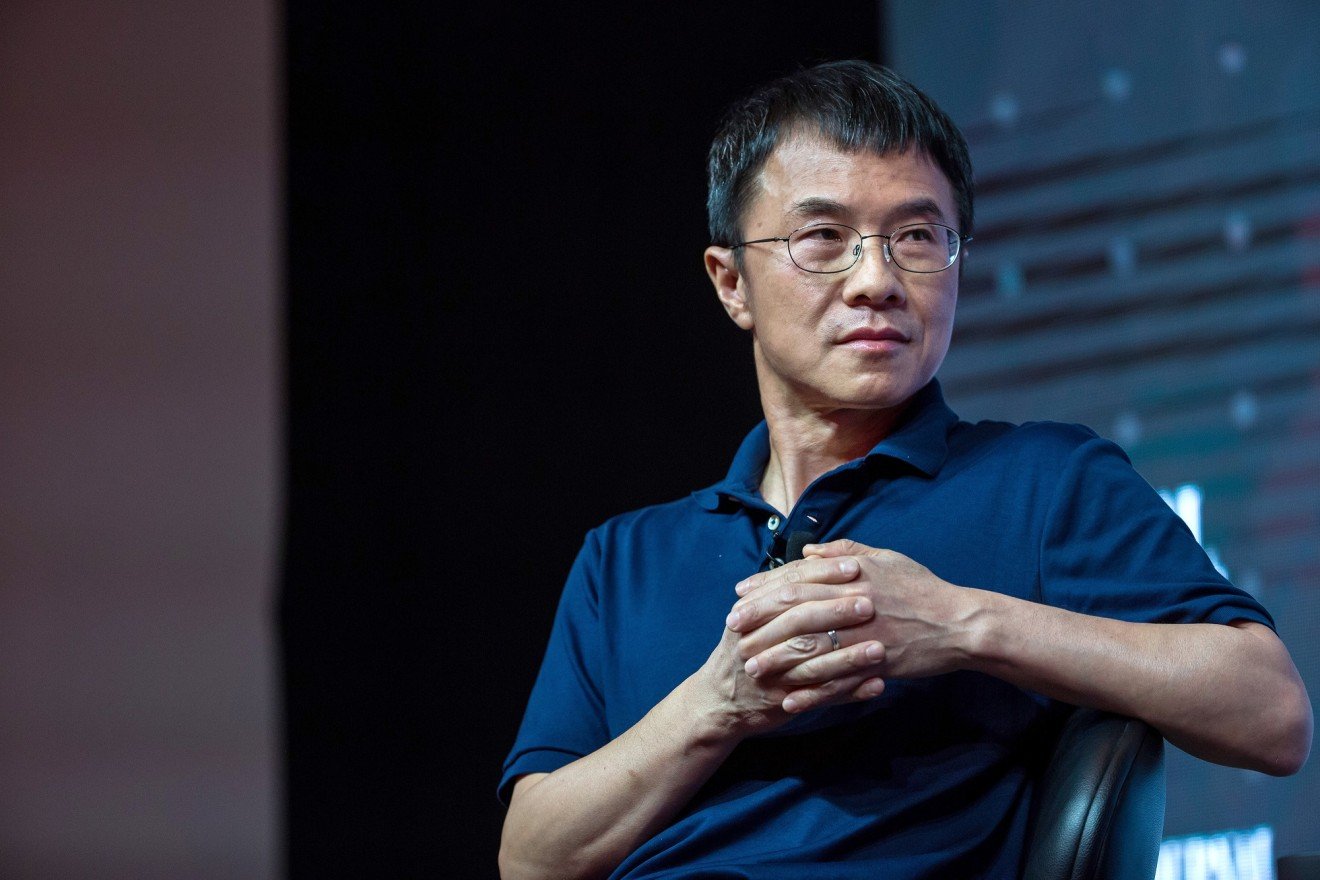
Who is Lu Qi, head of Y Combinator’s new China arm?
Silicon Valley star accelerator is expanding to China with the help of a legendary Chinese engineer
Silicon Valley startup accelerator Y Combinator has announced it’s launching a unit in China, naming former Baidu executive Lu Qi as CEO.
Y Combinator's star power stands in contrast to Lu -- who’s kept a relatively low profile but is nonetheless a highly-regarded figure in the tech world.

Lu’s experience spans the US and China. While teaching computer science at China’s Fudan University, he was invited by a professor at Carnegie Mellon University to pursue a PhD degree.
After a two-year stint at an IBM research lab, Lu spent more than ten years at Yahoo, where he rose from a developer to become the vice president of engineering, leading Yahoo’s search and advertising. He then joined Microsoft as an executive, heading Bing and Skype among other products, as well as helping Office migrate from desktop to mobile.
“We are facing the beginning of a major innovation driven by technology,” he said to Chinese media. “It’s making me very excited.”
Baidu’s CEO Robin Li isn’t afraid of Google’s rumored comeback to China
For more insights into China tech, sign up for our tech newsletters, subscribe to our Inside China Tech podcast, and download the comprehensive 2019 China Internet Report. Also roam China Tech City, an award-winning interactive digital map at our sister site Abacus.
For more insights into China tech, sign up for our tech newsletters, subscribe to our Inside China Tech podcast, and download the comprehensive 2019 China Internet Report. Also roam China Tech City, an award-winning interactive digital map at our sister site Abacus.

